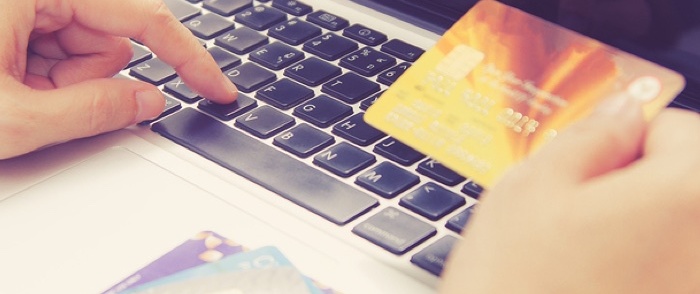The Benefits of Pay Cards and Why They are Replacing Checking Accounts

Pay cards aren't just a convenience for your employees they could make an impact on your ability to recruit talent.
It's easy to assume everyone has a checking account. But the 2017 FDIC National Survey of Unbanked and Underbanked Households estimates that roughly 8 million households don't have a bank account, and another 24 million households are underbanked, meaning they have an account but also use financial products outside the banking system.
In this new environment, giving employees the option to receive their money through pay cards makes a lot of sense. We spoke with George Mavrantzas, Vice President of Strategy and Thought Leadership at ADP, about the benefits of pay cards and how they can replace checking accounts.
Checking Account Issues
Some employees simply cannot open a checking account or maintain the required minimum balance. "They are blocked out of the system for various reasons like a past bankruptcy, bad credit or financial problems from a divorce," says Mavrantzas. "Others, especially younger workers, don't want to set up a bank account. They'd rather have something attached to their mobile device and aren't interested in ever visiting a physical bank branch."
Americans today are less comfortable handling cash and, with advances in mobile payment, they increasingly don't need to.
The Benefits of Pay Cards for Employees
When you offer pay cards, it's a major financial benefit for employees who don't have a checking account. Otherwise, they could be paying $5 or more to cash each paycheck. Employees also won't have to waste time going to a check cashing service. "Rather than spending their lunch hour running out to cash their check, they can go eat with their coworkers and pick up the bill with the pay card," says Mavrantzas.
Another advantage is that employees still get paid even when out of the office, and they don't have to worry about their paycheck getting delayed. "Imagine some kind of weather disaster, like a hurricane or blizzard shutting down your office, the postal service and check-cashing stores," says Mavrantzas. "If an employee is waiting on a paper check, it could take days to sort everything out. With so many Americans living paycheck to paycheck, they simply can't afford this delay."
For people who don't have or don't qualify for a debit or credit card, pay cards are more convenient and also provide the functionality of having a card. Employees can use the pay card just as they would any other debit card, which means they can shop online, make hotel reservations and go about their day without carrying large amounts of cash.
Financial Impact for an Organization
One of the reasons pay cards were first developed was to more easily pay unbanked workers, but a side benefit was cost savings, and that's still true today. The Association for Finance Professionals estimates it costs employers $3 on average per paper check. By moving employees to paycards instead, you avoid this.
What Employers Should Know
If you set up pay cards, don't forget about employee training. "You can't just give employees pay cards and hope they will figure everything out on their own," says Mavrantzas. "If an employee makes a mistake and gets hit with an unexpected fee, they might switch back to paper checks, even if the pay card was an overall better option."
A quality pay card provider should be able to assist with your employee training so you can achieve the highest adoption rates across your workforce.
You should see pay cards as more than a way to more effectively deliver paychecks. It's also a simple way to boost morale. Finally, 47 percent of Gen Z workers and 31 percent of millennials said they would turn down a job if they couldn't choose their method of payment, according to ADP's proprietary research, "Paycards: Generational Trends Shaping the Future of Worker Pay." By not including alternatives to checks and bank direct deposit, your organization risks missing out on talent.
Pay cards are already an attractive option compared to checking accounts, and will only get better as this pay card functionality improves. If you make this payment option available, you may be surprised by just how many employees take you up on the offer.



